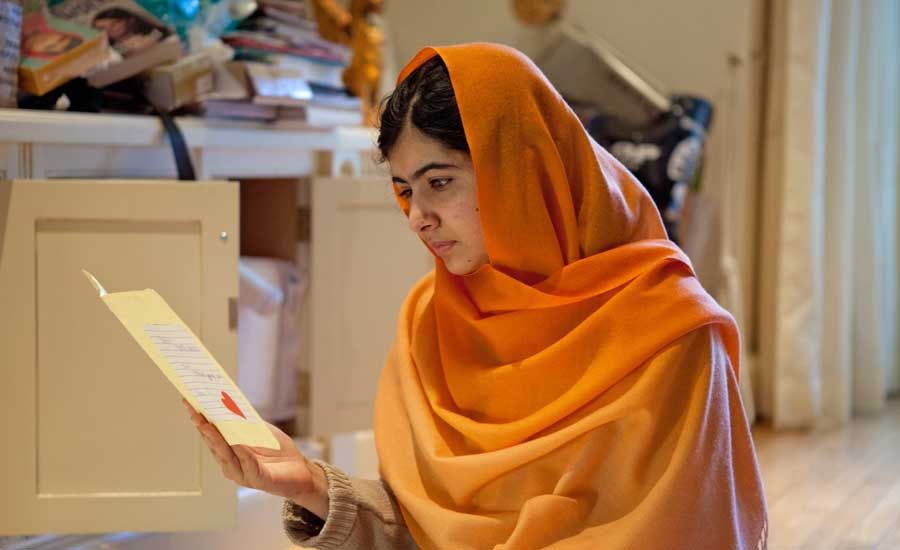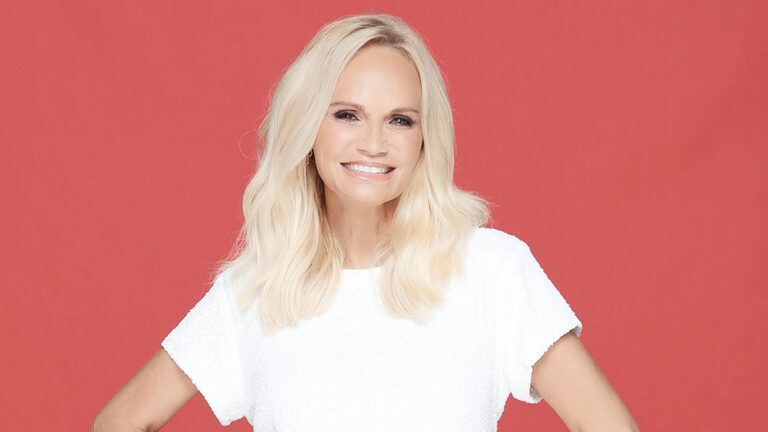By now, most of the world knows the story of Malala Yousafzai, the young woman shot by the Taliban on her way home from school after lending her voice in support of education for women and girls. She’s become an icon, a role-model and the face of a movement; an education activist who sits with heads of state, visits refugee camps, meets with young children in developing countries and won the Nobel Peace Prize.
She is also just an 18-year-old girl.
That’s the main message of He Named Me Malala, Davis Guggenheim’s hour and a half long documentary on the Pakistani activist. For all of her accolades, magazine covers, TV appearances and memorable UN speeches, Malala Yousafzai is just a teenage girl from the Swat Valley, which makes her courage, her compassion and her defiance so much more compelling.
Guggenheim’s film begins with a beautifully animated story that provides a small glimpse of why Malala was destined to stand out.
She was named after Malalai of Maiwand, a local legend known in the western world as the “Afghan Joan of Arc” who fought alongside local Pashtun fighters against British troops in the 1880 Battle of Maiwand when she was just a teenager, like Malala. Malalai rallied soldiers to their most important victory by giving an inspiring speech atop a mountain before being tragically killed in battle. This is where the two brave young women’s stories part ways. Malala miraculously recovered from her injuries and continues to champion education for women and girls worldwide — all while preparing for college.
In the film, Malala shares the stage with her two younger brothers, who don’t mind exposing their sister for her bossiness and tendency to give them a slap on the face every now and then, all in good fun. She attends school, scrolls through pictures of Roger Federer and Brad Pitt (two of her favorite celebrities) while sitting at her computer, she blushes and hides behind a giggle as she’s asked about boyfriends and her dating life.
We see Malala struggle to keep up in school because she’s missing classes to fight for the return of 273 Nigerian school girls kidnapped by Boko Haram in 2014, hand out books and backpacks at refugee camps in Syria, confront the Taliban about its violence against women and girls in a chill-inducing speech at the UN, and meet with President Obama to discuss America’s use of drones.
Still, the heart of the film is the relationship Malala has with the one who named her: her father, Ziauddin–an extraordinary activist in his own right.
Ziauddin shares the story of Malala’s early-morning birth on July 12, 1997, and his insistence that his daughter’s name be written in the book that spanned 300 years of his family’s history–but had previously only recorded the names of the men. The educator and scholar had opened a school in their hometown, and though he stammers when he talks, is a passionate speaker.
While many of Malala’s detractors have claimed her father writes her speeches and influences her words and actions, Ziauddin dismisses such accusations.
“I did not clip her wings,” Ziauddin says in the film, “I let her be, and that makes a big difference.”
Malala echoes that sentiment.
“He named me Malala,” she says, putting the title of the film into context. “He didn’t make me Malala.”
The Taliban tried to silence her with violence on a dusty street in Pakistan, but that shot didn’t give her courage, or bravery or the ability to inspire change and love in people’s hearts. Those abilities were already there and that’s what the world will see in this film.
He Named Me Malala opens in select theaters today.





